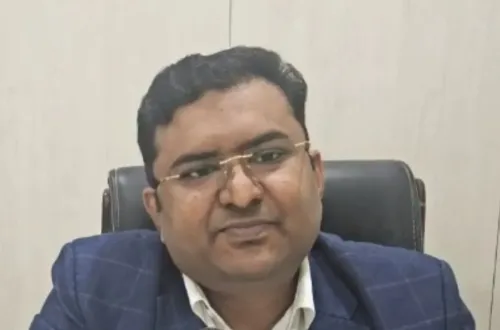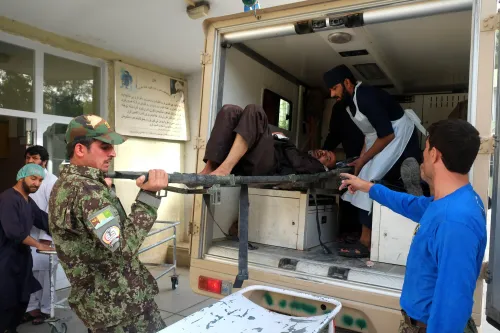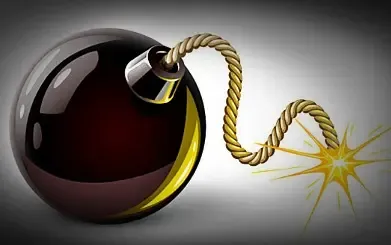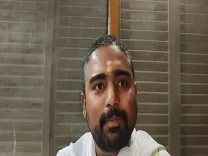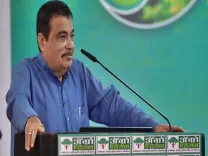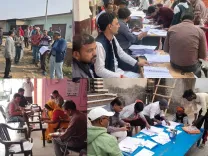Did Chidambaram Really Distort Modi’s 26/11 Remarks?
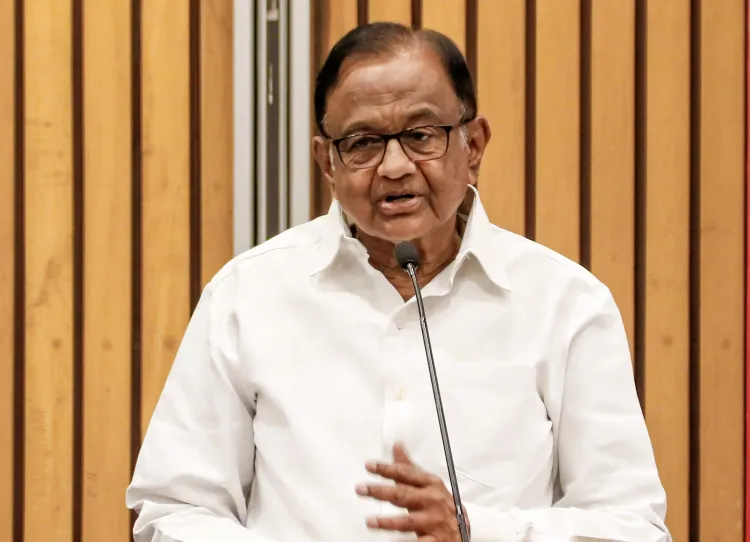
Synopsis
Key Takeaways
- Chidambaram denies PM Modi's allegations
- Claims of distortion of facts
- International pressure influenced decisions
- Political tension surrounding national security
- Calls for clarity and accountability
New Delhi, Oct 9 (NationPress) Veteran Congress leader and former Union Home Minister P. Chidambaram has rejected Prime Minister Narendra Modi’s recent statements regarding India’s reaction to the 2008 26/11 Mumbai terror attacks, asserting that these claims are inaccurate and represent a distortion of the facts.
In a pointed response to the Prime Minister's assertions, Chidambaram, through a post on X on Thursday, alleged that the statements attributed to him were misrepresented.
During a speech in Mumbai, PM Modi stated that India had been prepared to respond militarily after the 2008 attacks but was restrained by the Congress-led UPA government due to pressure from an external entity.
Chidambaram quoted the Prime Minister’s comments as reported in the Times of India: “I quote the Hon'ble PM's words: ‘…..has said India was ready to respond after 26/11, but because of the pressure exerted by some country, then Congress govt stopped India's armed forces from attacking Pakistan.’ Each component of this statement is incorrect, fundamentally incorrect. It is regrettable to see the Hon'ble Prime Minister of India misquote and misattribute these words to me.”
While inaugurating the Navi Mumbai International Airport, Prime Minister Modi fiercely criticized the Congress party, accusing its leadership of undermining India’s national security in the wake of the 2008 Mumbai attacks.
In his address, the Prime Minister described Mumbai as one of India’s most vibrant and dynamic cities, which, he stated, was exactly why it became a target for a significant terrorist attack.
“Mumbai’s energy and significance made it a target. However, the Congress government at that time reacted with weakness -- sending a message of surrender to terrorism,” he declared.
PM Modi further referenced a recent interview with a senior Congress member who had served as Union Home Minister during the UPA regime.
Without specifying the individual, the Prime Minister mentioned that this leader had indicated that India’s Armed Forces were ready to retaliate against Pakistan following the 26/11 attacks, but were restrained due to foreign pressure.
“The entire nation desired a strong response. Our forces were prepared. Yet, the Congress government halted them. Who exerted that foreign pressure? Who in Congress made that decision? The people of India deserve clarity,” asserted PM Modi.
He accused Congress of compromising national sentiment and bolstering terrorists through indecision and external influence.
“This weakness had severe repercussions. It empowered terrorists and repeatedly jeopardized innocent lives,” he added.
Chidambaram’s rebuttal came shortly after PM Modi referenced a recent interview where the Congress leader detailed the UPA government’s decision-making process following the attacks.
In a podcast earlier this month, Chidambaram elaborated on the events that unfolded after the Mumbai terror attacks. He explained the decision-making process within the government and how international diplomatic pressures, particularly from the US, shaped India’s response.
Chidambaram recalled taking over as Home Minister on November 30, 2008, the day after the attacks, following Shivraj Patil's resignation. He acknowledged that the notion of retaliation crossed his mind. “I did consider the need for retribution. I discussed it with the Prime Minister and relevant officials. Prime Minister Manmohan Singh addressed this issue during the attack, I can infer. The conclusion was largely guided by the MEA and the IFS, recommending we not respond militarily but pursue diplomatic avenues,” he explained.
Chidambaram indicated that the restraint decision came amidst considerable global pressure. “The conclusion was reached under pressure from the international community urging us -- don’t initiate a war,” he stated. He mentioned that former US Secretary of State Condoleezza Rice visited Delhi to meet him and the Prime Minister, urging India against military retaliation.

